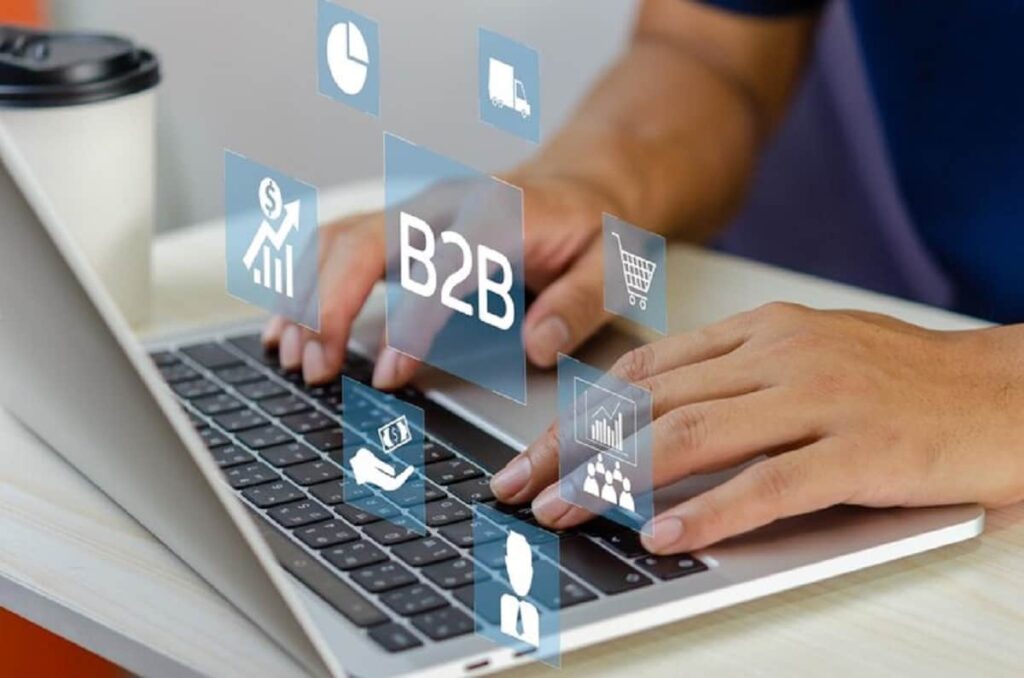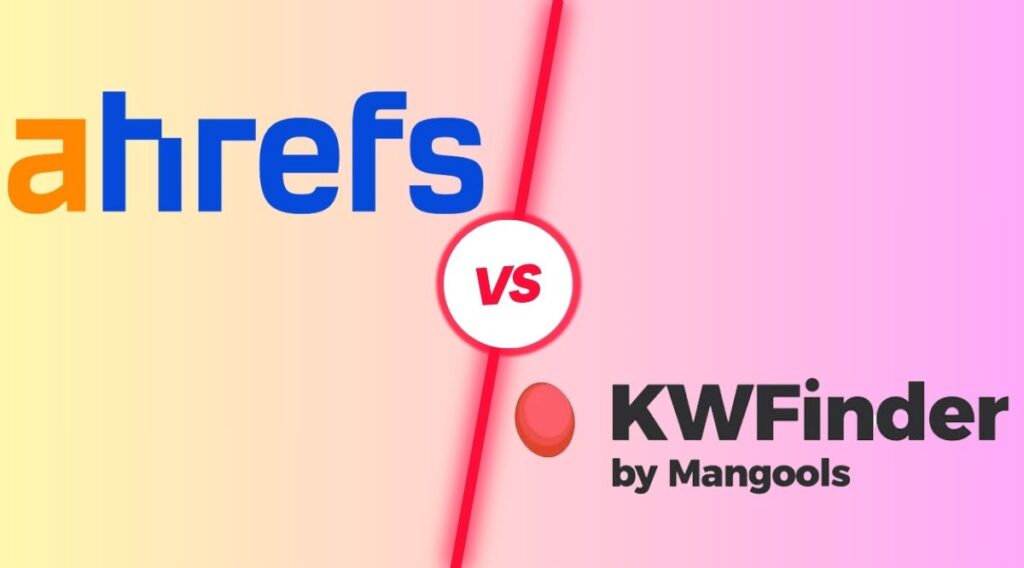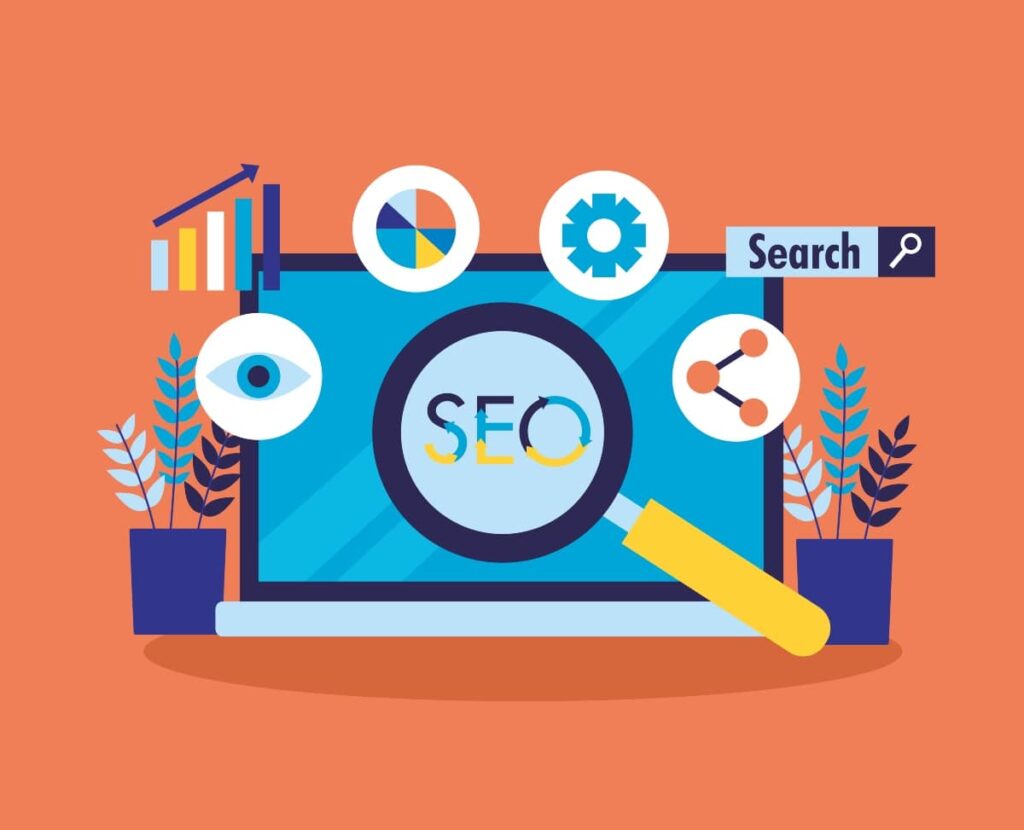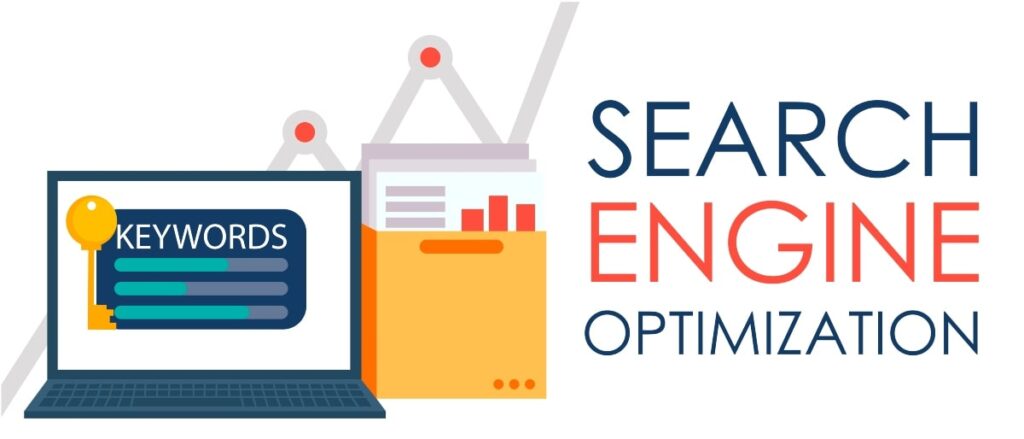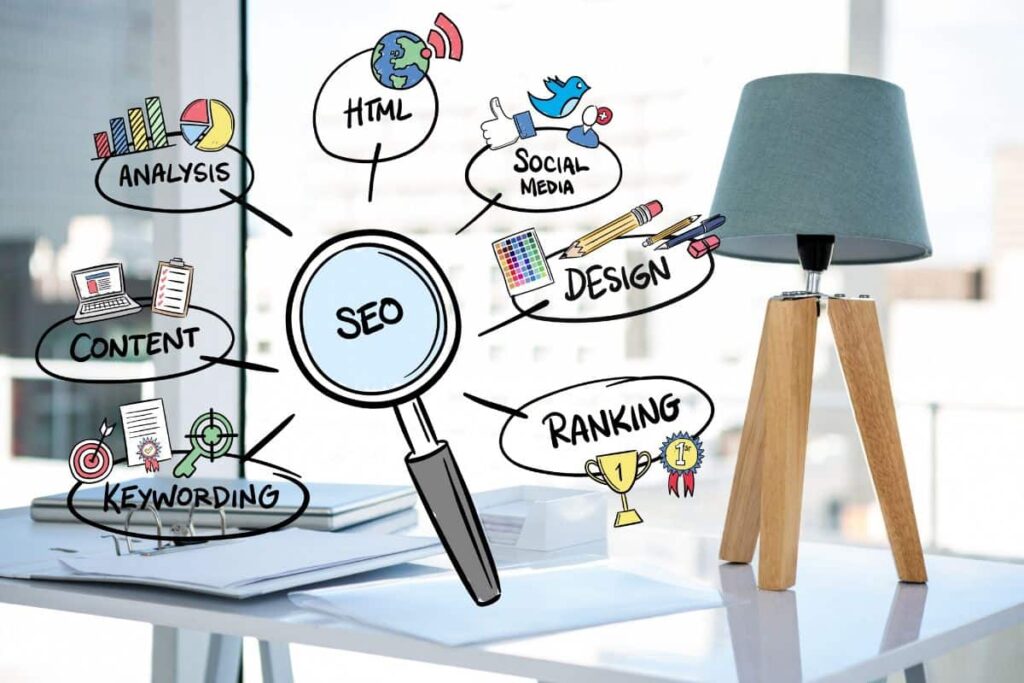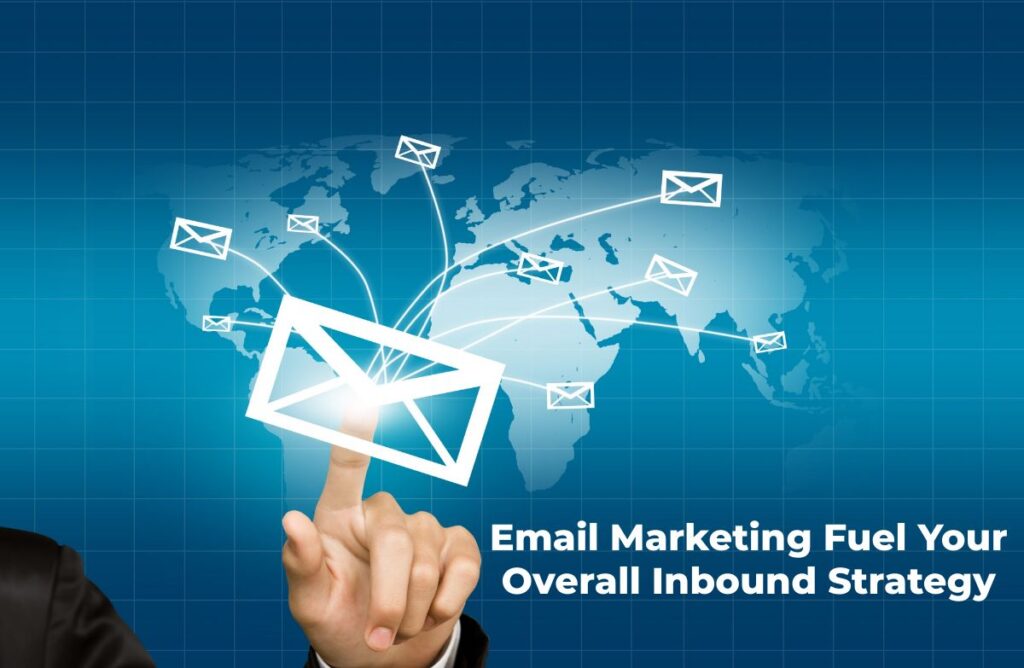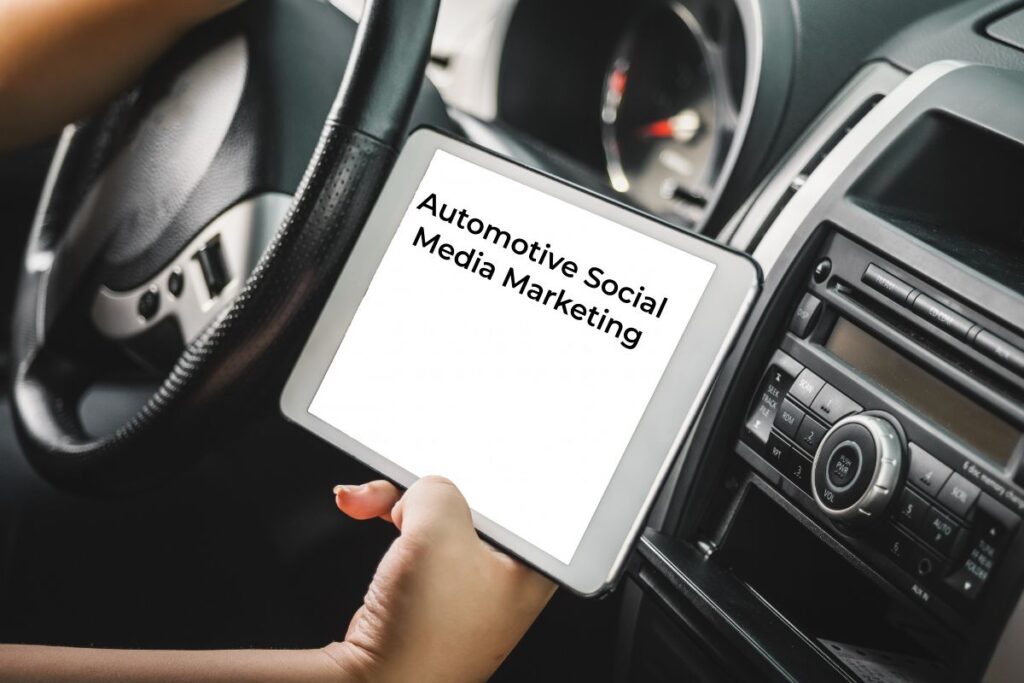Being ahead of the curve is essential in the ever-changing field of digital marketing. One such advancement that has transformed the marketing landscape is Marketing Automation. This powerful tool has become the backbone of many successful digital strategies, streamlining processes and maximizing efficiency. In this article, we will delve into the Marketing Automation landscape, exploring its essential components and how businesses can navigate the digital frontiers for optimal success.
What is the Marketing Automation Landscape?
By automating tedious marketing operations with software and technology, firms may nurture leads, analyze data, and improve their marketing strategies. This process is known as Marketing Automation Landscape. This technology empowers marketers by providing them with the tools to deliver personalized and targeted content, ultimately enhancing customer engagement and driving conversions.
The Evolution of Marketing Automation Landscape
The marketing automation landscape is dynamic, evolving in response to technological advancements and shifting consumer behaviors. Here are some trends shaping the future of the Marketing Automation Landscape:
Artificial Intelligence (AI) Integration
Predictive analytics, tailored suggestions, and sophisticated data analysis are all made possible by the integration of AI with the Marketing Automation Landscape. Marketing campaigns are more successful and efficient when they are implemented with machine learning algorithms, which allow systems to evolve and adapt over time.
Omni-Channel Marketing
With consumers engaging across multiple channels, a successful marketing automation strategy integrates seamlessly across various touchpoints. It ensures a unified brand experience and maximizes the impact of marketing campaigns.
Conversational Marketing
Chatbots and conversational AI are becoming integral to marketing automation. Real-time interactions and personalized conversations enhance customer engagement, leading to improved satisfaction and conversion rates.
Privacy and Compliance
As data privacy regulations become more stringent, marketing automation platforms are adapting to ensure compliance. While navigating the difficulties of international data protection legislation, marketers must place a high priority on ethical data practices and cultivate audience trust.
The Essence of Marketing Automation Landscape
Defining the Game-Changer
Marketing automation is a force for transformation, not just a catchphrase. Fundamentally, it’s about using technology to optimize, mechanize, and track marketing processes. Marketing Automation Landscape provides a holistic solution that helps firms run more successfully and efficiently, from lead generation to customer retention.
Precision in Targeting
The capacity of Marketing Automation Landscape to target particular consumers precisely is one of its main benefits. By using data-driven insights and sophisticated analytics, companies can customize their marketing campaigns to target the appropriate audience at the correct moment. It not only enhances the overall customer experience but also significantly boosts conversion rates.
Nurturing Leads: A Strategic Approach
In the competitive digital landscape, capturing leads is just the beginning. Converting these leads into devoted clients is the actual problem. Marketing Automation facilitates this process by delivering personalized content, timely follow-ups, and targeted communication. This strategic approach not only accelerates the conversion journey but also fosters long-term customer relationships.
Key Components of Marketing Automation Landscape
Robust Customer Relationship Management (CRM)
At the heart of Marketing Automation Landscape lies an integrated Customer Relationship Management system. This component serves as the foundation by centralizing customer data, interactions, and behaviors. Businesses can generate individualized experiences, efficiently nurture prospects, and make data-driven choices with an all-inclusive CRM.
Effective Email Marketing Automation
Email marketing is still crucial in the field of digital marketing, but the Marketing Automation Landscape takes it to new levels. Businesses can deliver tailored messages based on user behavior, demographics, or triggers by using automated email campaigns. From welcome sequences to personalized product recommendations, email automation is a powerful tool for engagement and conversion.
Dynamic Lead Scoring
Not all leads are created equal, and dynamic lead scoring is the mechanism that recognizes this fact. By assigning values to different actions or demographics, businesses can prioritize and focus on leads that are more likely to convert. It ensures that the sales team directs its efforts toward the most promising opportunities.
Intelligent Social Media Integration
In the age of social connectivity, effective marketing requires a seamless integration with social media platforms. Marketing Automation Landscape allows for intelligent scheduling of posts, targeted social campaigns, and real-time monitoring of social interactions. It ensures that businesses stay engaged with their audience across diverse channels.
Behavioral Tracking and Analytics
Understanding customer behavior is paramount for successful marketing strategies. Marketing automation platforms offer advanced analytics and monitoring tools to track user engagement with emails, websites, and content. For the purpose of improving campaigns, forecasting future trends, and honing marketing strategy, this data is priceless.
Personalization Engines
Personalization is not just a trend; it’s a consumer expectation. Marketing Automation Landscape incorporates personalization engines that enable businesses to tailor content, recommendations, and offers based on individual preferences and behaviors. It creates a more engaging and relevant experience for each customer.
Workflow Automation
Efficiency is a crucial benefit of Marketing Automation Landscape, and workflow automation is the linchpin. Businesses can design and automate intricate workflows that guide leads through the sales funnel. From initial contact to post-purchase follow-ups, these automated workflows ensure a consistent and compelling customer journey.
Benefits of Marketing Automation Landscape
Embracing Efficiency: Saving Time and Resources
One of the foremost advantages of the Marketing Automation Landscape is its ability to streamline repetitive tasks, liberating valuable time for marketers. Automated workflows ensure that routine processes such as email campaigns, social media posting, and lead nurturing are executed seamlessly. In addition to increasing output, this efficiency frees up marketing teams to concentrate on the more strategic and innovative elements of their campaigns.
Precision Targeting: Personalization at Scale
Gone are the days of one-size-fits-all marketing strategies. With Marketing Automation Landscape, businesses can leverage data-driven insights to craft personalized and targeted campaigns. Automation solutions increase the probability of conversion by enabling the distribution of customized content by evaluating the behavior and preferences of the consumer. The result is a more engaging and relevant experience for the audience, fostering stronger connections between brands and consumers.
Nurturing Leads: Guiding Prospects through the Sales Funnel
Marketing automation is essential in guiding prospects through the sales funnel. Automated email sequences that are started by particular actions or achievements inform and engage prospects. This continuous communication nurtures relationships, building trust and credibility, ultimately increasing the chances of conversion.
Data-Driven Decision-Making: Unleashing the Power of Analytics
In the world of digital, data is king. Marketing automation platforms provide an abundance of analytics and reporting functionalities that enable a comprehensive understanding of campaign efficacy. By monitoring key metrics, businesses can make informed decisions, optimize strategies, and refine their approach based on real-time data. This data-driven approach empowers marketers to adapt to changing trends and consumer behavior effectively.
Seamless Integration: Enhancing Collaboration Across Teams
Effective marketing is a collaborative effort that requires seamless communication and coordination across different teams. It is made more accessible by the integration of marketing automation solutions with other systems, such as CRM software. By ensuring that the teams responsible for sales, marketing, and customer support are in sync, this integration promotes a comprehensive strategy for engaging customers.
Cost-Efficiency: Maximizing ROI with Automation
Even while marketing automation may seem like a significant initial expenditure, the long-term advantages vastly surpass the price. The enhanced targeting, more straightforward procedures, and efficiency benefits all add up to a higher return on investment (ROI). With automation, businesses are able to save costs and take advantage of possibilities that would have been easier to pass up with it.
Future-Proofing Your Business: Adapting to the Digital Landscape
Survival in the quickly changing digital landscape depends on one’s ability to adapt. Marketing automation not only meets the current demands of the market but also future-proofs your business. The scalability of automation tools allows businesses to grow without the need for constant overhauls, ensuring that marketing strategies remain effective as the company expands.
Market Trends and Statistics
Understanding Market Dynamics
The Digital Transformation Wave
In recent years, the business landscape has witnessed an unprecedented shift towards digitalization. From brick-and-mortar establishments to e-commerce giants, everyone is riding the digital transformation wave. Changes in consumer tastes, global events, and technology improvements are primarily driving this paradigm shift.
E-Commerce Dominance
One of the most notable trends is the undeniable dominance of e-commerce. With the convenience it offers, coupled with a vast array of choices, consumers are increasingly turning to online platforms for their shopping needs. This shift has been further accelerated by the rise of mobile commerce, making transactions more accessible than ever.
Statistics That Matter
Businesses require hard facts in order to make decisions. Let’s examine some striking figures that provide insight into the state of the market today.
- E-Commerce Growth: Global e-commerce sales are expected to climb by a phenomenal year over year to reach $6.54 trillion by the end of the year, according to recent estimates.
- Sustainable Practices Impact: Companies that use sustainable practices report a 15% boost in total profitability and a 20% increase in customer loyalty.
- AI Adoption: A survey among businesses indicates that 78% have implemented some form of AI or ML technology, with 63% reporting a noticeable improvement in operational efficiency.
Challenges in the Marketing Automation Landscape
The Dynamic Nature of Data
One of the primary challenges in marketing automation stems from the dynamic nature of data. In a world where information evolves rapidly, marketers often find it challenging to keep their databases up-to-date. Outdated or accurate data can lead to effective targeting, diminishing the impact of marketing campaigns. The solution lies in implementing robust data management strategies, regularly cleansing databases, and leveraging real-time analytics to ensure the accuracy and relevance of information.
Integration Complexities
When marketing automation is smoothly connected with other corporate systems, like CRM software, it performs at its best. However, achieving this seamless integration can take time and effort. Many businesses grapple with compatibility issues, data synchronization challenges, and the need for extensive customization. To overcome this hurdle, organizations must invest in platforms that offer flexible APIs, ensuring smooth integration with existing systems.
Balancing Automation and Personalization
While automation brings efficiency, there is a fine line between automated marketing strategies and the personal touch that resonates with customers. Striking the right balance is crucial. Overly automated campaigns can feel impersonal, alienating customers. Marketers must focus on creating personalized experiences by leveraging automation to complement, not replace, human interactions. Achieving this delicate balance requires material to be tailored based on client behavior and preferences.
Compliance and Privacy Concerns
In a time when concerns about data privacy are on the rise, marketers must navigate complicated regulatory environments. Strict data protection laws, such as GDPR, necessitate stringent compliance measures. Adherence to these regulations not only exposes businesses to legal repercussions but also erodes customer trust. Building and maintaining trust with their audience requires marketers to prioritize openness, establish robust permission management systems, and stay up to date on evolving privacy rules.
Continuous Learning and Adaptation
The digital landscape is ever-evolving, with new technologies and trends emerging at a rapid pace. Marketers must continually update their skill sets to stay ahead of the curve. Developing a continual learning culture in marketing teams is a problem. Investing in training programs, encouraging the exploration of new tools, and fostering a mindset of adaptability are essential to overcoming this challenge and ensuring sustained success in the dynamic field of marketing automation.
Best Practices for Implementing Marketing Automation
Define Clear Objectives
Clearly defined objectives are the cornerstone of every practical Marketing Automation Landscape approach. Before implementing any tools or processes, identify what you aim to achieve. Whether it’s lead generation, customer retention, or improved sales, having a clear roadmap ensures that automation aligns with your business goals.
Choose the Right Automation Tools
Selecting the appropriate automation tools is pivotal. Evaluate your business needs and opt for platforms that offer scalability, customization, and integration capabilities. Popular choices include HubSpot, Marketo, and Mailchimp. The key is to choose a tool that seamlessly fits into your existing infrastructure.
Understand Your Audience
Effective marketing automation is rooted in understanding your audience’s behavior and preferences. Utilize data analytics to segment your audience, enabling targeted and personalized communication. Tailoring messages to specific segments enhances engagement and increases the likelihood of conversion.
Implement Progressive Profiling
Gone are the days of lengthy forms that deter potential leads. Embrace progressive profiling, a technique that gradually gathers information about leads over time. By asking for minimal information initially and seeking progressively more details, you create a smoother user experience, leading to higher conversion rates.
Nurture Leads with Drip Campaigns
An excellent technique for moving prospects down the sales funnel is drip marketing. Create a series of automated, targeted emails that guide leads from awareness to conversion. Timing and relevance are critical – ensure that your drip campaigns provide value at each stage of the customer journey.
Regularly Analyze and Optimize
Marketing automation is not a one-time setup; it’s an evolving process. Examine user interactions and performance indicators on a regular basis to find areas that need improvement. For continued success, make sure your campaigns are optimized using data-driven insights.
Integrate Marketing and Sales Efforts
For seamless operations, align your Marketing Automation Landscape with sales processes. This integration ensures that leads generated are seamlessly transferred to the sales team, fostering a collaborative approach that enhances overall efficiency.
Innovations Shaping Tomorrow
Voice Search Optimization
It’s becoming essential to optimize for voice search due to the increase in the number of speech-activated gadgets. Marketing Automation tools will need to adapt to this shift, ensuring that businesses remain visible and accessible in the era of smart speakers and virtual assistants.
Chatbots Evolving Customer Interaction
Chatbots are evolving beyond essential customer support. In the future, they will actively engage in customer interactions, providing personalized recommendations, answering queries, and even facilitating transactions. It improves client satisfaction while freeing up human resources for more complex jobs.
Blockchain for Enhanced Security
Blockchain technology will be used in marketing automation as worries about data security and privacy increase. It ensures transparent and secure handling of customer data, fostering trust and compliance with evolving data protection regulations.
Conclusion
The Marketing Automation Landscape is a dynamic and indispensable facet of modern marketing. Adopting automation helps organizations engage meaningfully with their audience while also streamlining operations. Sustained success in the ever-evolving digital marketplace requires us to stay up to date on the newest trends and technologies in the Marketing Automation Landscape.
Frequently Asked Questions (FAQs)
What tasks can be automated in marketing?
Marketing automation may automate a wide range of processes, including email marketing, lead nurturing, social network posting, customer segmentation, campaign tracking, and data analysis.
How does the Marketing Automation Landscape benefit businesses?
Marketing Automation Landscape benefits businesses by reducing manual effort, improving lead management, enhancing customer engagement, providing data-driven insights, and ultimately increasing the overall efficiency and effectiveness of marketing efforts.
Which characteristics of marketing automation technologies are essential?
Among the crucial features are lead scoring, CRM connection, email marketing, campaign management, social media automation, analytics, and reporting.
How does Marketing Automation Landscape integrate with customer relationship management (CRM)?
Marketing Automation Landscape and CRM integration ensure seamless communication between sales and marketing teams. It enables better lead tracking, lead scoring, and a unified view of customer interactions.
Can small businesses benefit from the Marketing Automation Landscape?
Absolutely, it is possible to scale and modify the Marketing Automation Landscape to meet the requirements of small organizations. It helps them compete by improving efficiency, lead generation, and customer engagement.






